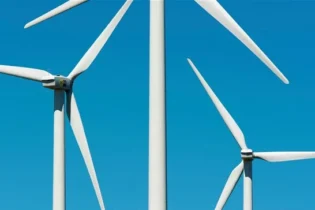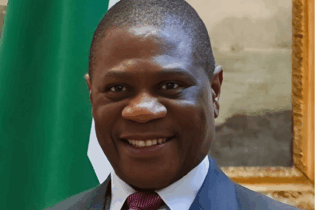
New technologies and innovative approaches are opening doors for Africa’s off-grid and on-grid efforts to increase electricity access. This was according to principal environmental scientist at SRK Consulting, Warrick Stewart.
Speaking at the African Energy Indaba in Johannesburg recently, Stewart said many exciting developments will pick up the pace of energy project roll-outs, from large-scale power generation to smaller renewable projects.
He said the gathering of energy stakeholders at the Indaba acknowledged the need for African countries to explore a range of energy options, extending the capacity and reach of regional grids while also harnessing new technologies to create a more varied energy mix.
Energy storage
“Considerable innovation has taken place in terms of energy storage, through the development of battery technology,” Stewart said. “Up until a year or two ago, this was not readily available in a cost-effective format but has now seen an increase in up-take, mainly in the domestic space.”
He also said there has also been a dramatic increase in commercial rooftop solar systems in countries like South Africa.
As energy storage capacity evolves, there will be opportunity for renewables to start moving from non-baseload to baseload status, SRK partner Darryll Kilian said.
He explained that new technology is proving that bigger is not necessarily better, and that hybrid projects involving more than one technology can be structured to provide continuous energy supply.
“This is also creating more opportunity for captive solutions which provide power for commercial companies or mines,” he said. “Inventive funding solutions were also emerging for smaller projects of about 5 MW or less.”
Kilian also believes that there is still a need for reliable off-takers of energy, as the financial capacity of many African utilities can make it difficult for them to provide guarantees.
Gas discoveries
Stewart said that gas discoveries were also likely to change the future energy landscape, providing another option for baseload production or a more flexible energy source to supplement renewables.
“At the end of the day, it is in the interest of consumers for African countries to use the cheapest available source of electricity,” he said. “Gas is likely to play an important part in a future system in which energy supply is structured so that the least-cost energy sources can be employed most often.”
Policy and political consistency
Policy and political consistency was raised as a concern at the Indaba. Kilian said this should be used a foundation for energy developments in Africa.
“It was clear from a range of experts that policy uncertainty will discourage investment,” he said. “It was therefore no surprise that there was significant focus on the latest problems in South Africa regarding renewable energy and independent power projects (IPPs) – when Eskom appeared to be holding back on signing off power purchase agreements with IPPs.”
He added that it was vital for the regulatory regime to be transparent and consistent, particularly as South Africa’s renewable energy IPP procurement programme had been so successful that it was viewed as a model approach across the continent.








